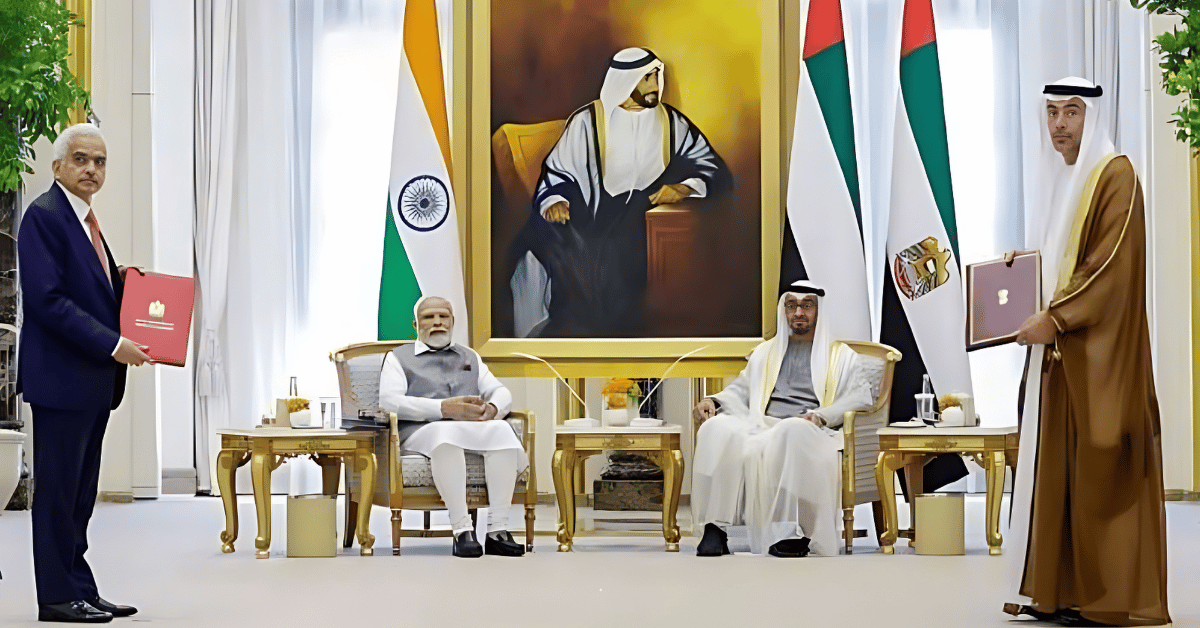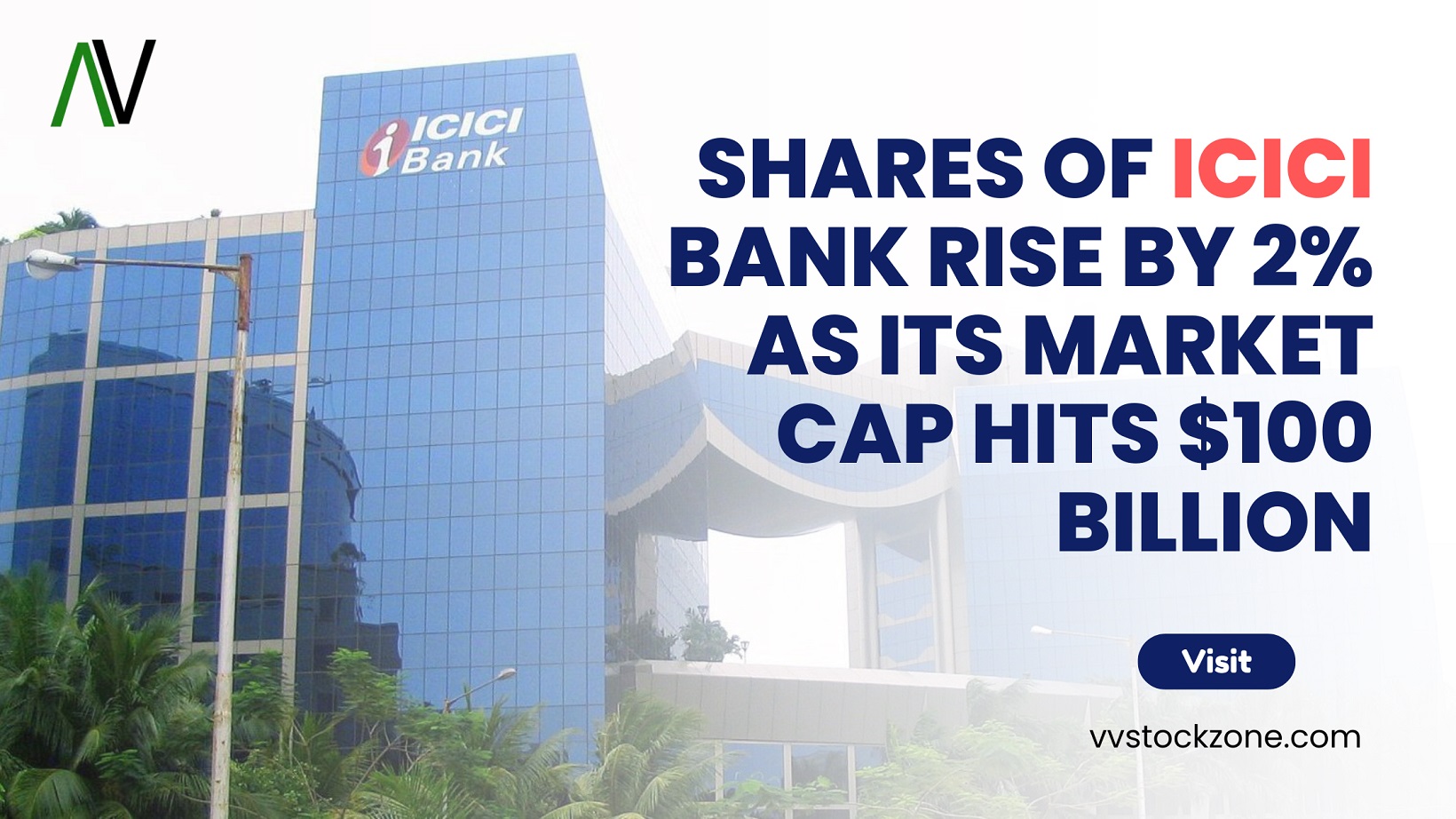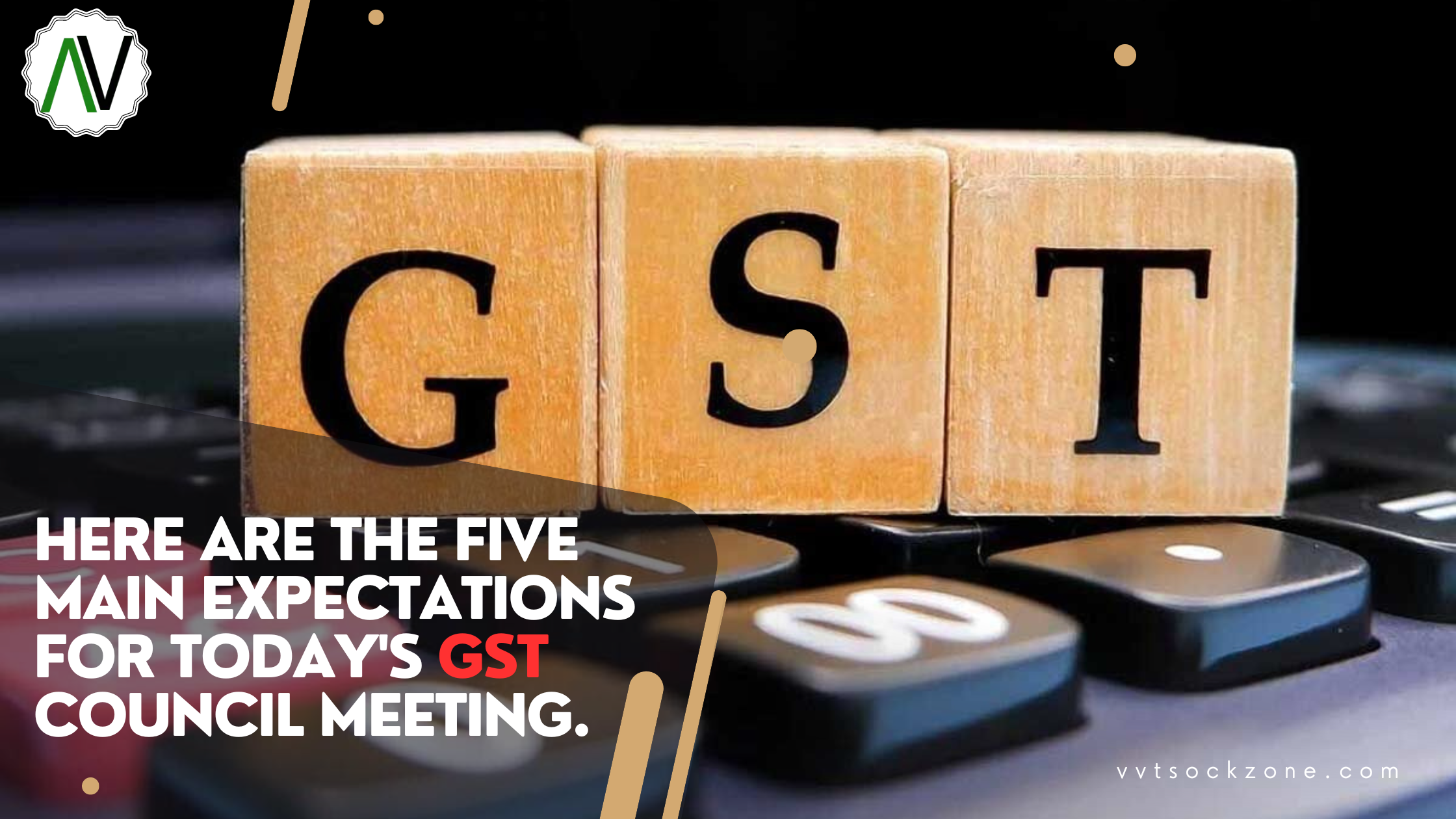Prime Minister Narendra Modi signed ten agreements to strengthen cooperation between India and the United Arab Emirates in important areas such as energy, infrastructure, investments, and archive management while he was in Abu Dhabi. According to Foreign Secretary Vinay Kwatra, the UAE is the fourth-largest investor in the Indian economy, with bilateral trade between the two nations approaching USD 85 billion.
The agreements, which cover a range of areas of cooperation between India and the UAE, were emphasized by Kwatra. The agreements cover energy security and clean energy trade, with a particular emphasis on green hydrogen and energy storage. They also cover cooperation in the connection and exchange of electricity.
The UAE President, Sheikh Mohammed Bin Zayed, greeted the PM on Tuesday with a formal welcome at the airport, according to Kwatra, who described it as a genuine gesture.
“The leaders had in-depth discussions, both one-on-one and at the delegation level, about the major developments both regionally and globally as well as the full range of bilateral engagement between India and the United Arab Emirates. The foreign secretary stated, “10 Memorandums of Understanding have been signed that reflect the relationship between India and the UAE across the whole range of areas.”
- Instantaneous Payment Systems
An agreement signed regarding the interconnection of domestic debit/credit cards, RuPay (India) with JAYWAN (UAE), and the instant payment platforms, UPI (India) and AANI (UAE).
Speaking with the inaugural class of IIT Abu Dhabi, Prime Minister Modi also visited the university. Tuesday night, he spoke at a “Ahlan Modi” event at Zayed Sports City, which was attended by members of the Indian diaspora.
Later on Wednesday, Modi is scheduled to lead a dedication ceremony and officially open the first Hindu temple in Abu Dhabi.
2. Trade And Connection Of Electricity
An MOU on cooperation in the area of electricity connection and trade was the first to be signed. This particular Memorandum of Understanding (MOU) aims to strengthen our cooperation in two important areas: energy trade and security. A key component of this Memorandum of Understanding is trade in clean energy,” he stated.
“Naturally, this would concentrate on energy storage as well as green hydrogen. Naturally, a significant portion of the partnership under this MOU will also involve the cooperation on investment policy research, R&D, and innovation throughout the whole clean and green energy sector,” he continued.
3. The India-Europe-Middle East Economic Corridor
Regional connectivity will be increased, according to Kwatra, by the Intergovernmental Framework Agreement concerning Cooperation for the Empowerment and Operation of the India-Middle East-Europe Economic Corridor (IMEC).
The primary areas covered under this agreement are those related to collaboration on logistics platforms, which are essential to advancing the goals of this specific quality to the supply chain services; furthermore, he stated, our supply chain services are not restricted to just one or two items but rather encompass all forms of general cargo, including liquid and containers.
According to Kwatra, one goal is to gauge how quickly the IMEC operates and advances the main goal of greater, deeper, and wider regional connectivity amongst the stakeholders.
During the September G20 summit in New Delhi, the corridor was announced. One potential substitute for China’s Belt and Road Initiative (BRI) is the IMEC. India, the United Arab Emirates (UAE), Saudi Arabia, Jordan, Israel, and Europe will all be connected by it.
4. India’s National Archives
At the National Archives of India, there is consensus regarding the protocol for cooperation. The aim is to foster collaboration in the management of archives by means of exchanging knowledge, historical data, conducting research, studies, etc. Kwatra stated.
5. Bilateral Agreement For Investments
During a briefing regarding the bilateral investment treaty between the United Arab Emirates and India, Kwatra stated that the agreement will serve as a foundation for more robust and comprehensive investment partnerships, as it goes beyond simply safeguarding current investments.
Additionally, it helps to achieve the goal of encouraging more capital flows between the two economies.
6. Complex of National Maritime Heritage
The MOU for the construction of the National Maritime Heritage Complex comes next. This complex of national maritime heritage is located in Gujarat’s Lothal. According to him, the relevant departments will collaborate closely with the two parties to develop the project in its entirety.
India’s maritime heritage will be showcased at the National Maritime Heritage Complex (NMHC), a tourism complex that is currently under construction in the Bhavnagar district of Gujarat, close to Lothal. There will be hotels, resorts, educational facilities, museums, and amusement parks within the complex.
7. Digital Infrastructure Initiatives
An MOU for collaboration on digital infrastructure projects has been inked by the Ministry of Investment of the United Arab Emirates and the Ministry of Electronics and Technology (MEITY) of India.
This agreement provides a framework for investment cooperation in the field of digital infrastructures. Consequently, under this framework, the focus is on building capacities and exchanging technical knowledge, advice, skills, and expertise. Government organizations and regulatory bodies will also seek to establish partnerships within this specific digital infrastructure. M-A
According to him, this would concentrate on some of the most important sectors of the digital sphere, such as digital innovation, high power computing, and platforms for data management.
Also Read: Japan Losses The Crown Of World’s Third-largest Economy





